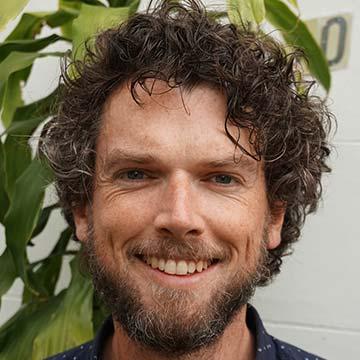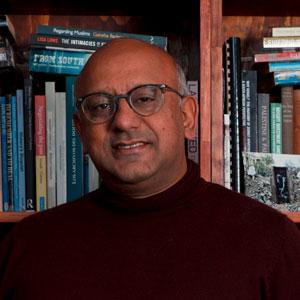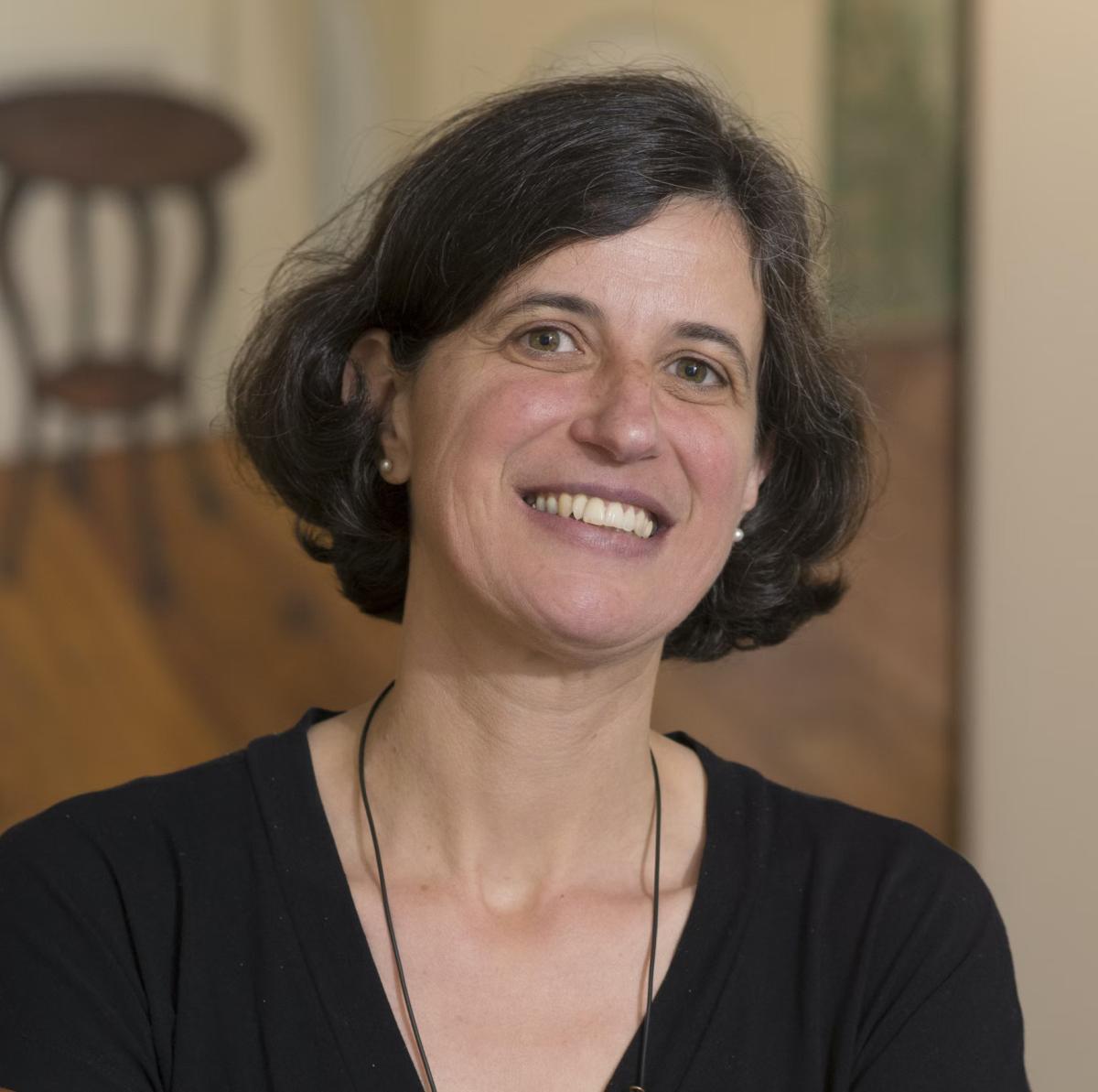Our Distinguished Speakers Series brings a remarkably diverse and accomplished set of humanities scholars from around the world to benefit the intellectual community across the University. While most visitors present a public lecture, many of these scholars also give generously of their time, participating in interdisciplinary colloquia, offering graduate workshops, and meeting with faculty and students.
Spring 2023
Killian Quigley, February 10-17

Killian Quigley is Research Fellow at the Institute for Humanities and Social Sciences. He earned his PhD in English at Vanderbilt, where he specialized in the relationship between natural history and the aesthetics of spectacle in eighteenth-century Britain and France. He was subsequently awarded the inaugural postdoc at the Sydney Environment Institute, University of Sydney. In 2023, he will serve as Visiting Fellow at the Institute of the Humanities & Global Culture at the University of Virginia.
Killian’s primary works reside at the intersections of the environmental humanities, literary studies, the history and philosophy of science, and aesthetic theory. His first book, Reading Underwater Wreckage: An Encrusting Ocean (2023), furnishes a novel theoretical model for interpreting shipwrecks and other drowned matters as junctures of artefact and ecofact, human remains and emergent ecologies, and so forth. A second, and well-advanced project, The Water Poets: Aqueous Poetics, 1630-1820, examines the figures of sea-going and submersion in seventeenth- and eighteenth-century English poetry in relation to histories of salvage and submarine science. Another ongoing inquiry, Waves and Places, works between narratology and geographic theory to explore literatures of sea-level rise, with a special focus on the status of oceanic—and more broadly liquid—place.
Premesh Lalu, March 22-25

Professor Premesh Lalu is the former Director of the DSI-NRF Flagship on Critical Thought in African Humanities of the Centre for Humanities Research. Following an MA from the University of the Western Cape, he was awarded a MacArthur Foundation Doctoral Fellowship to read towards a doctorate in History at the University of Minnesota. In 2003 he successfully defended a doctoral dissertation titled “In the Event of History”. After sixteen years in the Department of History as an Associate Professor, Lalu was awarded an Andrew W. Mellon Foundation grant to convene a fellowship programme on the Study of the Humanities in Africa. He was promoted to full professor upon being appointed as Director of the Centre for Humanities Research in 2008. Lalu has published widely in academic journals such as History and Theory, Journal of Southern African Studies, Afrika Focus, Journal of Higher Education in Africa, Kronos: Southern African Histories, Current Writing, Afrika Focus, Journal of Africa, Middle East and Asian Studies, Social Dynamics, and History in Africa. Lalu’s writing has appeared in newspapers and online platforms such as the Mail and Guardian, Dailymaverick, Africa is a Country, Business Day, the Cape Times as well as in edited publications. His book The Deaths of Hintsa: Postapartheid South Africa and the Shape of Recurring Pasts (2009) argues that a postcolonial critique of apartheid is necessary in order to forge a concept of apartheid that allows us to properly formulate a deeper meaning of the post-apartheid. He is co-editor of Remains of the Social: Desiring the Post-Apartheid (2017) and Becoming UWC: Reflections, Pathways and Unmaking Apartheid’s Legacies (2012). Lalu is a board member of the Consortium of Humanities Centres and Institutes, former chairperson of the Handspring Trust for Puppetry in Education, and former trustee of the District Six Museum in Cape Town, South Africa.
Francesca Orsini, March 24-28

Francesca Orsini is a reader in the literatures of north India at SOAS, University of London, and works with Hindi, Urdu, and Indo-Persian texts. She is interested in the ways in which a multilingual approach to literary history can challenge identitarian approaches to literary history in India and also provide an appropriate model for understanding the dynamics of world literature from the bottom up.